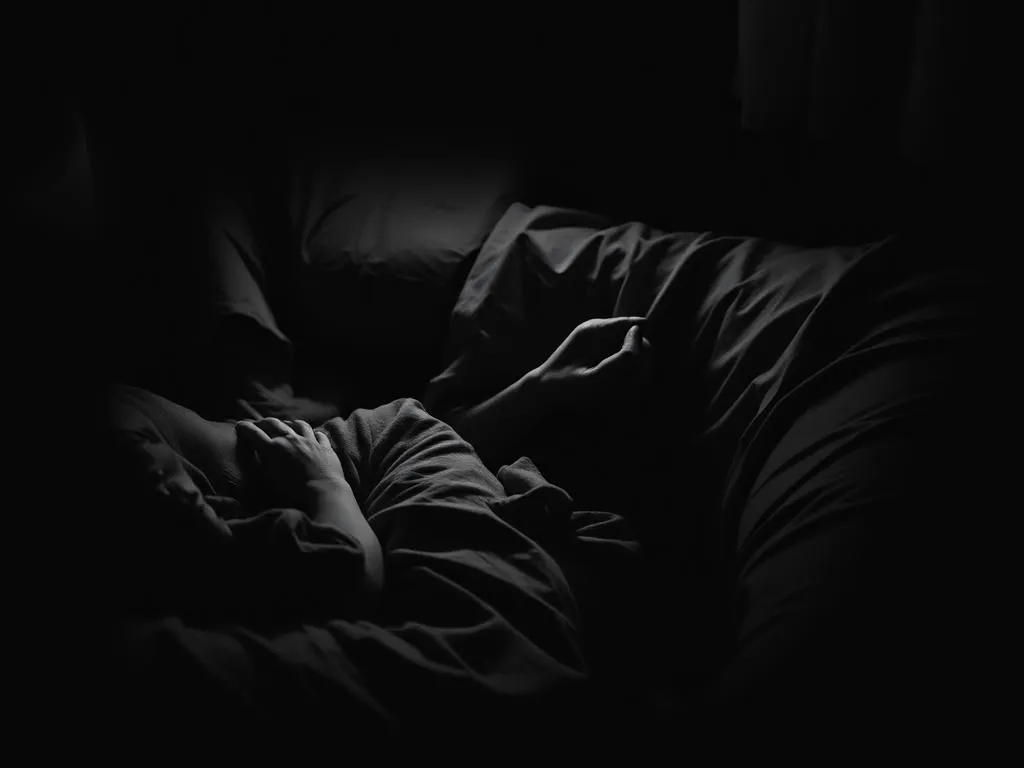Dreaming of Dead Relatives: A Meaningful Exploration

Introduction
Dreaming of dead relatives can be a profoundly emotional and thought-provoking experience. These dreams can evoke a range of feelings, from comfort and connection to confusion and grief. Understanding the meaning and significance of such dreams can provide valuable insights into our subconscious and help us navigate the complex emotions surrounding the loss of loved ones.
In this article, we’ll delve into the potential interpretations and significance of dreaming of dead relatives, exploring how these dreams might reflect our inner thoughts, feelings, and relationships. By gaining a deeper understanding of this phenomenon, we can find solace, closure, and personal growth in the face of loss.
Connecting with the Departed
One of the most common interpretations of dreaming of dead relatives is that it represents a desire to reconnect with the departed. These dreams can be a way for our subconscious to process grief, find closure, or simply maintain a sense of connection with those who have passed on. The appearance of a deceased loved one in a dream might suggest that you miss their presence, their guidance, or the comfort they once provided.
These dreams can also be a way for the subconscious to work through unresolved issues or feelings that were left unspoken during the person’s lifetime. By dreaming of a dead relative, you might be able to express emotions or have conversations that you were unable to have while they were alive. This can be a powerful and therapeutic experience, as it allows you to find closure and move forward in your grieving process.
Unfinished Business and Guilt
In some cases, dreaming of dead relatives might reflect feelings of guilt or unfinished business. If you feel that you didn’t get the chance to say goodbye, make amends, or resolve a conflict with the deceased, these dreams could be your subconscious’s way of processing those emotions.
For example, if you had a strained relationship with a parent or sibling, and they passed away before you were able to reconcile, you might find yourself dreaming of them. These dreams could be a manifestation of your desire to make peace, seek forgiveness, or find closure. It’s important to acknowledge and work through these feelings, as they can hinder the grieving process and prevent you from finding the peace you seek.
Guidance and Wisdom
Another common interpretation of dreaming of dead relatives is that they are providing guidance, wisdom, or a message from the beyond. In some spiritual and cultural traditions, the appearance of a deceased loved one in a dream is seen as a sign that they are still watching over you and want to offer their support or insight.
These dreams might offer a sense of comfort, reassurance, or even practical advice. The deceased relative might appear to offer words of wisdom, warn you of potential dangers, or simply remind you of their love and care. While the interpretation of such dreams can be highly personal and subjective, they can be a source of solace and inspiration for those who have lost a loved one.
Symbolic Representations
Dreams can also be highly symbolic, and dreaming of dead relatives might represent aspects of yourself or your life that you associate with the deceased. For example, if you dreamed of your grandmother, the dream might be a symbolic representation of your own nurturing, maternal qualities or a desire for the comfort and security you felt in her presence.
Similarly, a dream of a deceased sibling might symbolize a part of your own personality or a relationship dynamic that you are currently navigating. By exploring the symbolic meaning of the deceased relative in your dream, you can gain valuable insights into your own psyche, relationships, and personal growth.
The Grieving Process
Dreaming of dead relatives can also be a natural part of the grieving process. When we lose a loved one, our subconscious mind may continue to process the grief and loss, manifesting in dreams that feature the deceased. These dreams can be a way for the mind to work through the stages of grief, such as denial, anger, bargaining, depression, and acceptance.
It’s important to note that the frequency and content of these dreams may change over time as the grieving process evolves. In the early stages of grief, the dreams might be more intense or distressing, while later on, they might become more peaceful or even comforting. Paying attention to the evolution of these dreams can provide valuable insight into your own healing journey.
Honoring the Memory
For some, dreaming of dead relatives can be a way to honor their memory and maintain a connection with the departed. These dreams might be a source of comfort, allowing you to feel the presence of your loved one and find solace in their memory.
In some cases, these dreams might even inspire you to engage in activities or rituals that help you feel closer to the deceased, such as visiting their grave, looking through old photographs, or participating in cultural or religious practices that commemorate their life. By embracing these dreams and the emotions they evoke, you can find meaningful ways to celebrate the legacy of your loved one and find healing in the process.
Seeking Closure
For those who have experienced the loss of a loved one, dreaming of dead relatives might be a way to seek closure and find peace. These dreams can provide a sense of resolution, allowing you to say the things you wish you had said, or to receive the closure you were unable to find in waking life.
By exploring the themes and emotions present in these dreams, you can gain insight into your own grieving process and find ways to move forward. Whether it’s through seeking professional help, engaging in self-reflection, or finding comfort in spiritual or cultural practices, the insights gained from these dreams can be a valuable tool in the journey towards healing and acceptance.
Conclusion
Dreaming of dead relatives is a complex and deeply personal experience that can hold a wealth of meaning and significance. By understanding the potential interpretations and symbolic representations of these dreams, we can gain valuable insights into our own subconscious, our relationships, and the grieving process.
Whether these dreams provide a sense of connection, guidance, or closure, they can be a powerful tool for personal growth and healing. By embracing the emotions and insights that arise from these dreams, we can find solace, find peace, and honor the memory of our loved ones in a meaningful way.
Remember, the interpretation of these dreams is highly personal and subjective. If you find yourself struggling to make sense of your dreams or the emotions they evoke, consider seeking the support of a mental health professional or exploring spiritual or cultural practices that resonate with you. By approaching these dreams with openness, compassion, and a willingness to explore, you can unlock the transformative potential they hold.







